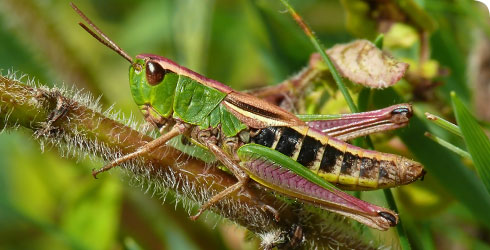Chorthippus parallelus (meadow grasshopper)
Chorthippus parallelus is the most common and widespread grasshopper in England, Wales and Scotland. They are common in grasslands, moors and marshes.
It is usually green or brown, but sometimes females are an eye-catching pink colour.
These grasshoppers are usually short-winged and flightless, but occasionally long-winged and capable of flight.
They are often eaten by spiders, and can be parasitized by flies and attacked by fungi.
British grasshoppers are important indicators of habitat and climate change because they comprise a limited group of species that are readily identifiable and are at the edge of their European range.
Species detail
-

Distribution
Chorthippus parallelus is found across Europe and eastwards to Mongolia in grassland habitats including roadside verges, marshland and moorland. Find out more about where this grasshopper likes to live.
-

Biology
Most meadow grasshoppers are green or brown, but occasionally they are a remarkable pink. Find out more.
-

Behaviour
Life is hazardous for grasshoppers like Chorthippus parallelus - they can be eaten by spiders, parasitized by flies and attacked by a fungus. Find out more.
-

References
Get reference material for Chorthippus parallelus.
Images
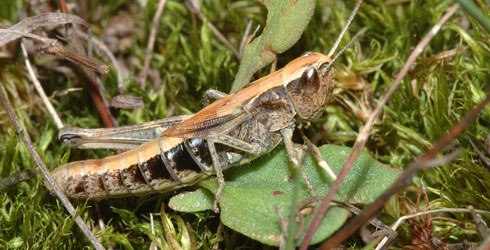
Female Chorthippus parallelus.
© Ted Benton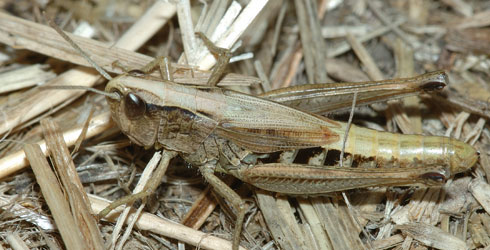
Female Chorthippus parallelus.
© Ted Benton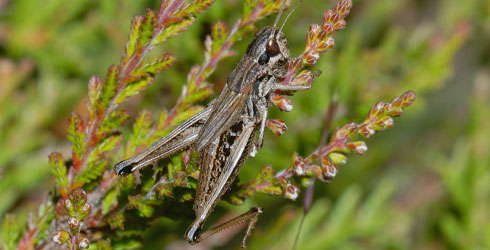
Female Chorthippus parallelus.
© Ted Benton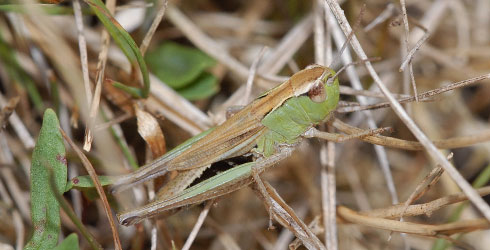
Female Chorthippus parallelus.
© Ted Benton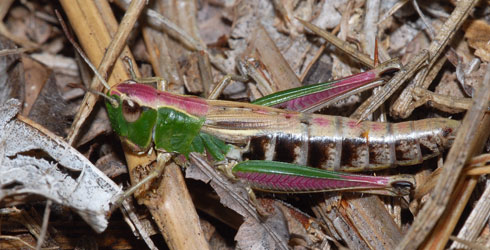
Female Chorthippus parallelus.
© Ted Benton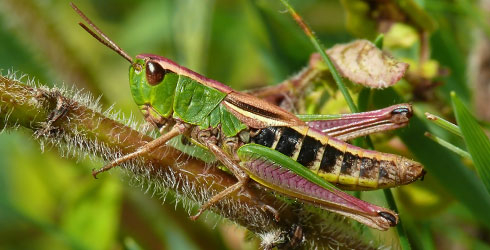
Female Chorthippus parallelus.
© Gary Palmer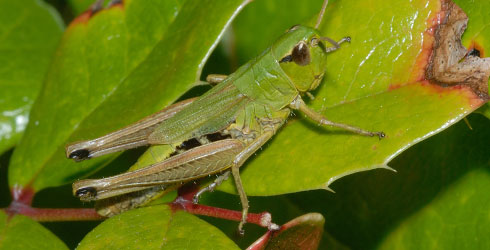
Female Chorthippus parallelus.
© Ted Benton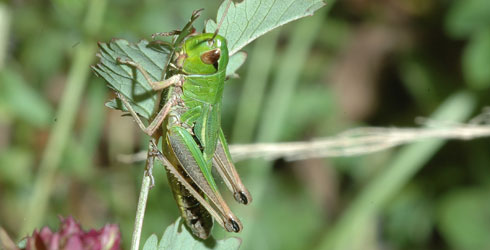
Female Chorthippus parallelus.
© Ted Benton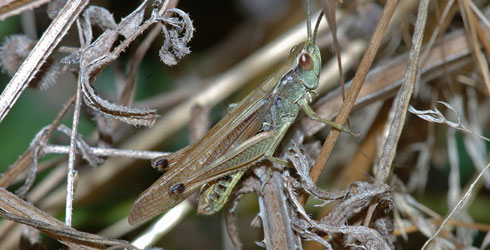
Male Chorthippus parallelus.
© Ted Benton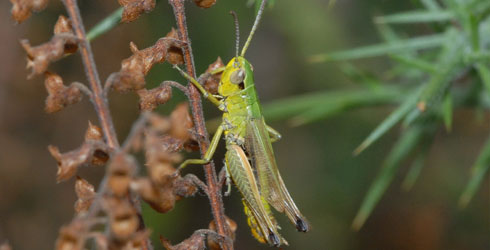
Male Chorthippus parallelus.
© Ted Benton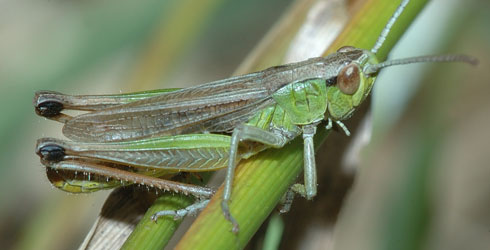
Male Chorthippus parallelus.
© Ted Benton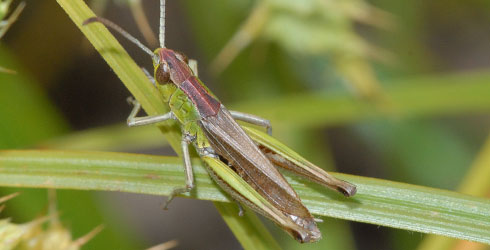
Male Chorthippus parallelus.
© Ted Benton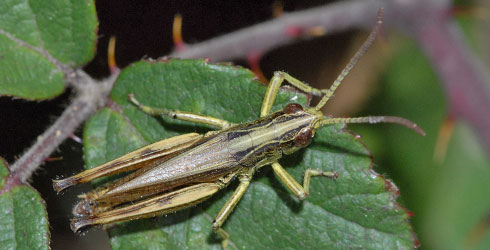
Male Chorthippus parallelus.
© Ted Benton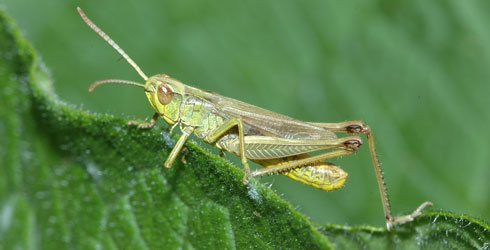
Male Chorthippus parallelus.
© Ted Benton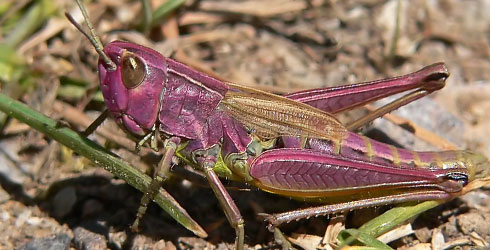
Chorthippus parallelus.
© Gary Palmer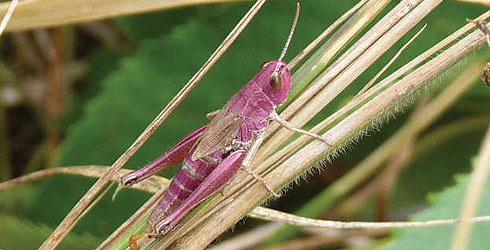
Chorthippus parallelus.
© Mr E WellsAuthor
Judith Marshall
Scientific Associate, Entomology Department
Toolbox
Angela Marmont Centre for UK Biodiversity

Discover the Centre for UK Biodiversity. It offers a drop-in identification service, research facilities, and online nature resources. Watch a video and meet the team.
Find out about the Centre for UK Biodiversity
